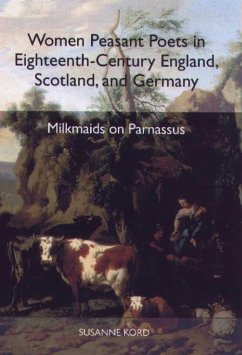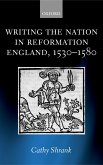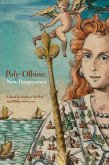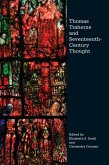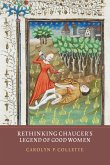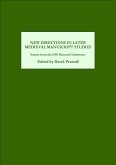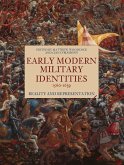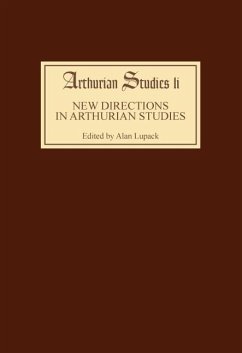First comparative study of an unlikely group of authors: 18th-century women peasants.
This is the first comparative study of a highly unlikely group of authors: eighteenth-century women peasants in England, Scotland, and Germany, women who, as a rule, received little or no formal education and lived by manual labor, many of them in dire poverty. Among them are the English washerwoman Mary Collier, the English domestic servants Elizabeth Hands and Molly Leapor, the German cowherd Anna Louisa Karsch, the Scottish diarywoman Janet Little, theScottish domestic servant Christian Milne, and the English milkmaid Ann Cromartie Yearsley. Their literature is here linked with one of the major eighteenth-century aesthetic trends in all three countries, the Natural Genius craze, which culminated in highland primitivism in Scotland and England, and in the Sturm und Drang in Germany. Kord's analysis of the peasant women's works and the bourgeois response enables us to find new answers to questionsthat have centrally influenced our thinking about what makes art Art. Kord's book provides a fresh look at some of this fascinating literature, and at the roles and attitudes of the lower classes and of women in the Art world of the day. It also advances a revolutionary thesis: that the eighteenth-century bourgeoisie established itself as the dominant cultural class not primarily, as is commonly held, in opposition to aristocratic culture, but more importantly through its dissociation from and suppression of lower-class art forms.
Susanne Kord is Professor and Head of the Department of German at University College London. Her book Little Detours: The Letters and Plays of Luise Gottsched was published by Camden House in 2000. Click here to read an interview with Susanne Kord (Word document 25KB)
This is the first comparative study of a highly unlikely group of authors: eighteenth-century women peasants in England, Scotland, and Germany, women who, as a rule, received little or no formal education and lived by manual labor, many of them in dire poverty. Among them are the English washerwoman Mary Collier, the English domestic servants Elizabeth Hands and Molly Leapor, the German cowherd Anna Louisa Karsch, the Scottish diarywoman Janet Little, theScottish domestic servant Christian Milne, and the English milkmaid Ann Cromartie Yearsley. Their literature is here linked with one of the major eighteenth-century aesthetic trends in all three countries, the Natural Genius craze, which culminated in highland primitivism in Scotland and England, and in the Sturm und Drang in Germany. Kord's analysis of the peasant women's works and the bourgeois response enables us to find new answers to questionsthat have centrally influenced our thinking about what makes art Art. Kord's book provides a fresh look at some of this fascinating literature, and at the roles and attitudes of the lower classes and of women in the Art world of the day. It also advances a revolutionary thesis: that the eighteenth-century bourgeoisie established itself as the dominant cultural class not primarily, as is commonly held, in opposition to aristocratic culture, but more importantly through its dissociation from and suppression of lower-class art forms.
Susanne Kord is Professor and Head of the Department of German at University College London. Her book Little Detours: The Letters and Plays of Luise Gottsched was published by Camden House in 2000. Click here to read an interview with Susanne Kord (Word document 25KB)
Dieser Download kann aus rechtlichen Gründen nur mit Rechnungsadresse in A, D ausgeliefert werden.

